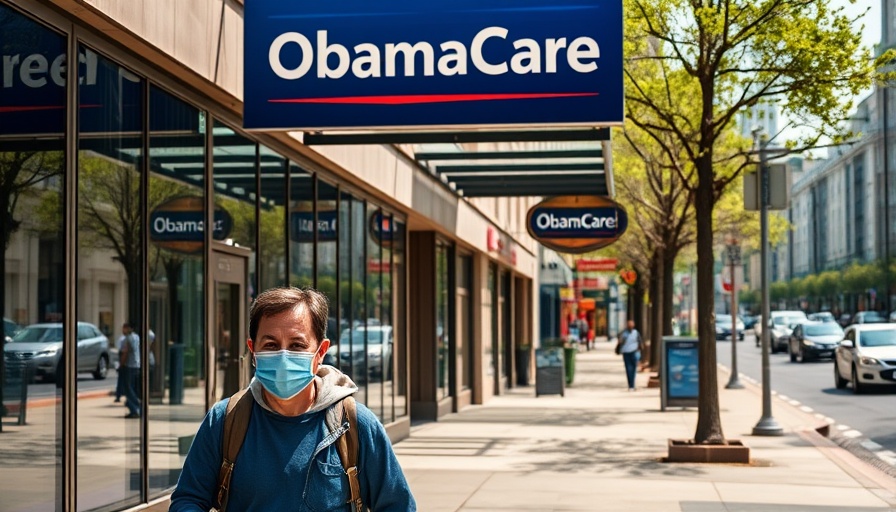
Exploring the Surge: ACA Enrollment Hits New Heights
The Affordable Care Act (ACA) has seen a dramatic rise in enrollment, soaring from 11.4 million in 2020 to an impressive 24.3 million in 2025. This surge is particularly pronounced in states that voted for President Donald Trump in the last election, according to a recent report from KFF. Understanding the underlying factors of this enrollment growth can illuminate important trends in healthcare accessibility across America.
Understanding the Enrollment Landscape
A significant driver of this increased enrollment has been the enhanced federal financial assistance made available in 2021. These premium subsidies not only made insurance more accessible but also extended support to middle-income households for the first time. However, this boost may be at risk if Congress does not act before the end of the year to extend or make these enhancements permanent.
The Political Implications of ACA Growth
The shifts in enrollment patterns showcase a stark contrast between Republican- and Democrat-leaning states. The KFF report highlights that the 31 states won by Trump accounted for a staggering 88% of the enrollment increase, growing an average of 157%. This trend raises concerns among Republicans, as letting the enhanced financial assistance lapse could alienate a significant portion of their voter base, affecting political tides in the upcoming elections.
Potential Risks Ahead for ACA Beneficiaries
As the deadline for the enhanced subsidies approaches, consumers face uncertainty regarding their healthcare plans. Without the extensions, premium payments could rise significantly, pushing millions back into the ranks of the uninsured. The stakes are high, as compromised access to healthcare could result in broader economic implications for these states.
Action Steps for Consumers
Consumers are encouraged to stay informed about the potential changes to their ACA plans. Engaging with local representatives and emphasizing the importance of manageable insurance costs could be particularly beneficial. Additionally, exploring alternative healthcare options may also provide a measure of protection should changes to subsidies occur.
 Add Row
Add Row  Add
Add 




 Add Row
Add Row  Add
Add 



Write A Comment